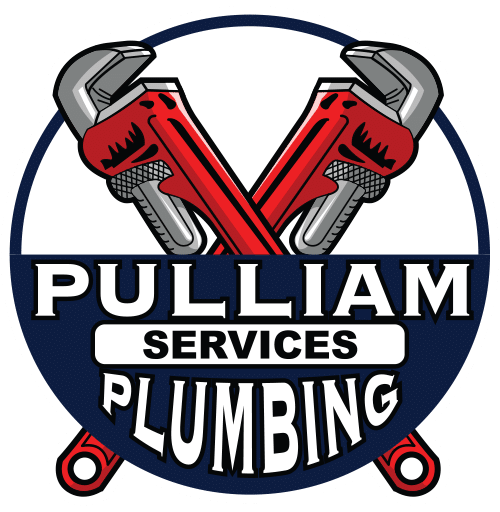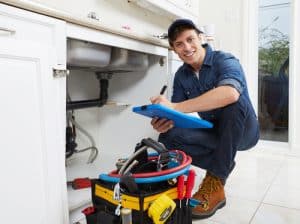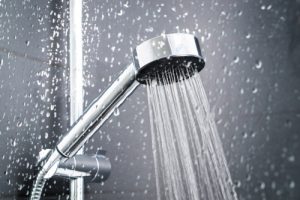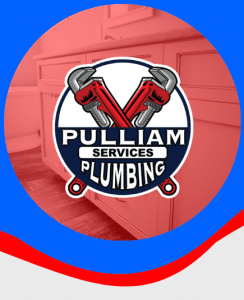A well-functioning garbage disposal can be a kitchen’s best friend. It helps you manage food waste efficiently and keeps your sink clean. However, to keep it running smoothly, you need to give it some regular attention. Without proper care, your garbage disposal can develop nasty clogs and even break down completely, leading to costly repairs.
Knowing how your garbage disposal works, performing daily maintenance, and troubleshooting common issues can save you from these headaches. By incorporating some simple habits into your daily routine and understanding a few key points, you can extend the life of your garbage disposal and ensure it operates at its best.
In this article, we’ll explore how your garbage disposal works, share tips for daily maintenance, discuss common issues and how to fix them, and help you determine when it’s time to call in a professional. Follow these guidelines to keep your garbage disposal in top shape and avoid unnecessary problems in your kitchen.
Understanding How Your Garbage Disposal Works
Your garbage disposal is a powerful tool that grinds up food waste so it can safely pass through your plumbing system. Located under your kitchen sink, the disposal unit grinds food scraps into smaller pieces using blades or impellers. When you run water and turn on the disposal, these small pieces are then washed down the drain.
The disposal unit is connected to your sink drain and an electric power source. It typically has a reset button on the bottom for when the unit jams or overheats. There’s also a splash guard that prevents items from flying out when the disposal is running.
Understanding the basic parts of your garbage disposal helps you maintain and troubleshoot it. Knowing where the reset button is, understanding the function of the splash guard, and recognizing the grinding chamber’s purpose can make a big difference in how effectively you use and care for this appliance. Keep in mind that only certain types of food waste should go down the disposal to avoid causing damage or clogs.
Tips for Daily Maintenance
Regular maintenance can help keep your garbage disposal running smoothly. Here are some daily tips to keep it in top shape:
- Use Cold Water: Always run cold water while using your disposal. Cold water keeps the motor and blades from overheating and helps solidify any grease or fat, making it easier for the blades to chop them up.
- Feed Waste Gradually: Don’t overload your garbage disposal. Feed food waste gradually while the disposal is running to prevent clogs.
- Avoid Certain Foods: Be mindful of what you put down the disposal. Avoid fibrous foods like celery, potato peels, and corn husks, which can wrap around the blades. Also, avoid putting large bones, coffee grounds, and grease down the disposal, as these can cause clogs.
- Keep It Clean: Keep your disposal clean by running it regularly with a bit of dish soap and cold water. You can also grind up small citrus peels for a fresh scent and to help clean the blades.
- Use Ice Cubes: Grinding ice cubes every now and then can help sharpen the blades and remove any build-up on the walls of the grinding chamber.
Following these daily maintenance tips can extend the life of your garbage disposal and prevent common issues. Make these habits a part of your routine to keep your kitchen running efficiently.
Common Issues and How to Fix Them
Garbage disposals are generally reliable, but they can still run into problems. Here are some common issues and how you can fix them yourself:
- Jamming: If your garbage disposal is making a humming noise but not grinding, it might be jammed. Turn off the power to the unit and use an Allen wrench to manually turn the blades from the bottom of the unit. This can often dislodge whatever is causing the jam.
- Clogs: Clogs often occur when inappropriate materials are put down the disposal. To clear a clog, try using a plunger to dislodge the blockage. If that doesn’t work, disconnect the drain trap and remove the clog manually.
- Leaks: Leaks are usually caused by loose connections or worn-out seals. Check the connections where the disposal meets the sink and drain pipe. Tighten any loose connections and replace seals if necessary.
- Strange Noises: Sometimes, foreign objects can get into the disposal and create strange noises. Turn off the unit and use a flashlight to look inside. Use tongs or pliers to carefully remove any objects.
- Resetting the Unit: If your disposal stops working and makes no noise at all, try pressing the reset button located at the bottom of the unit. This can often resolve minor electrical issues.
These fixes can solve most common issues. However, if you can’t resolve the problem, it may be time to call a professional for help.
When to Call a Professional
Knowing when to call a professional is key to preventing further damage to your garbage disposal. Here are situations where professional help is necessary:
- Persistent Problems: If you’ve tried DIY fixes and the disposal still isn’t working correctly, it’s time to call a plumber. Continuous issues like frequent clogs or jams indicate a deeper problem that needs expert attention.
- Leaks You Can’t Fix: If the disposal is leaking and you’ve tried tightening connections and replacing seals without success, a professional can diagnose and solve more complex issues.
- Electrical Issues: If the garbage disposal consistently trips the circuit breaker or won’t reset, it could be an electrical problem. Handling electrical repairs yourself can be dangerous, so it’s best to leave this to a professional.
- Unit Replacement: If your garbage disposal is old and frequently breaks down, it might be more cost-effective to replace it. A plumber can help you choose a new unit and install it properly.
- Strange Smells: If you notice persistent, unpleasant odors that don’t go away even after cleaning, there may be trapped food particles or other issues that need a plumber’s expertise.
Calling a professional can save you time and prevent further damage. It ensures that the problem is fixed correctly and safely.
Conclusion
Maintaining your garbage disposal doesn’t have to be a daunting task. Understanding how it works, performing daily maintenance, and being aware of common issues can help you keep it running smoothly. When problems arise, knowing how to tackle minor fixes can save you time and stress. However, recognizing when to call in a professional is crucial for more serious issues.
Your garbage disposal is an essential part of your kitchen, and with the right care, it can serve you well for years. Pulliam Plumbing is here to help with all your plumbing needs, including garbage disposal repair and maintenance. Contact Pulliam Plumbing today for expert advice and service.




